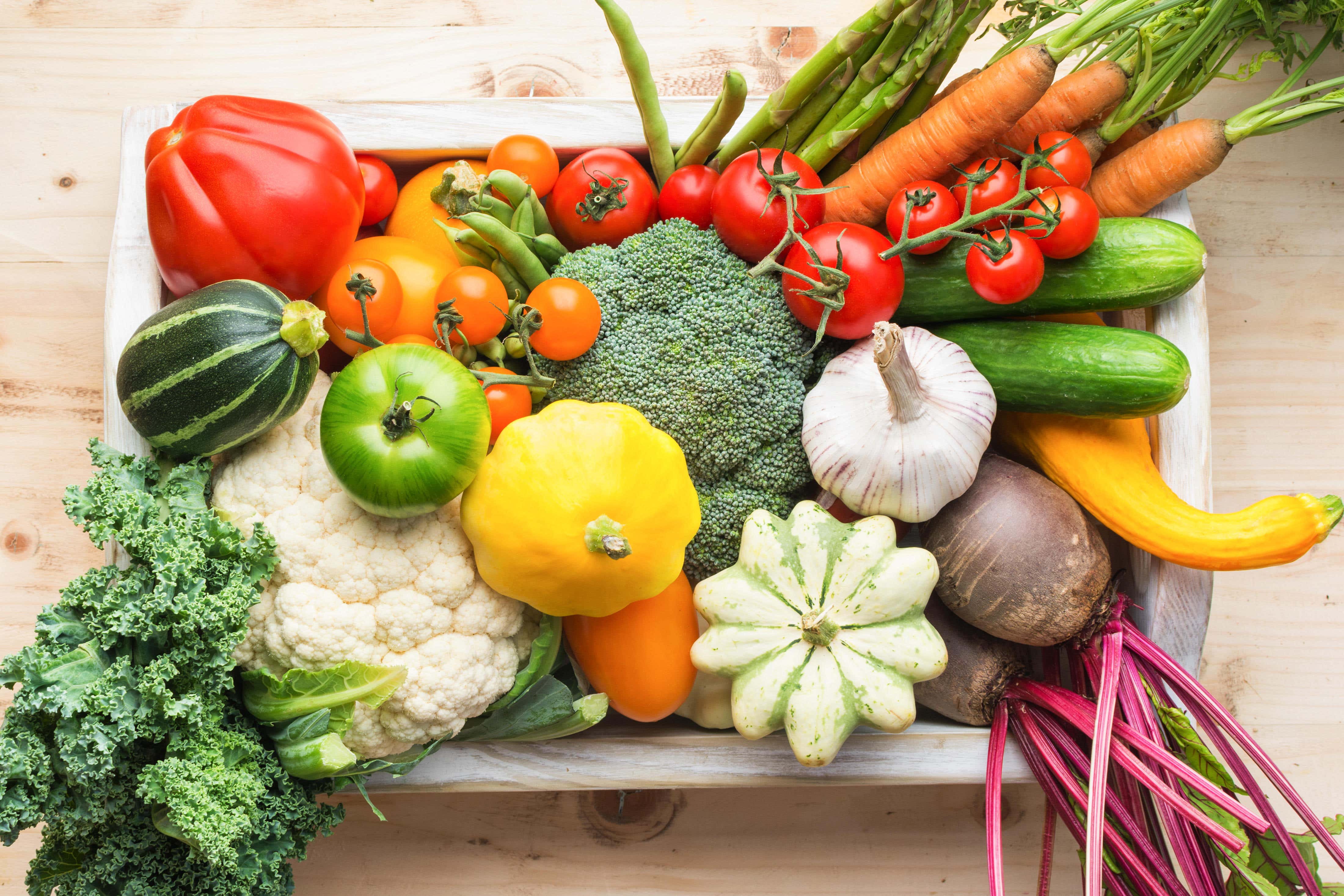Diet rich in vegetables, whole grains and beans ‘cuts bowel cancer risk’
A study suggests the link is clearer for men, who have an overall higher risk of bowel cancer.

Your support helps us to tell the story
From reproductive rights to climate change to Big Tech, The Independent is on the ground when the story is developing. Whether it's investigating the financials of Elon Musk's pro-Trump PAC or producing our latest documentary, 'The A Word', which shines a light on the American women fighting for reproductive rights, we know how important it is to parse out the facts from the messaging.
At such a critical moment in US history, we need reporters on the ground. Your donation allows us to keep sending journalists to speak to both sides of the story.
The Independent is trusted by Americans across the entire political spectrum. And unlike many other quality news outlets, we choose not to lock Americans out of our reporting and analysis with paywalls. We believe quality journalism should be available to everyone, paid for by those who can afford it.
Your support makes all the difference.A diet rich in vegetables, whole grains, beans and lentils can cut the risk of bowel cancer in men by more than a fifth, research suggests.
A new study on 79,952 men in the US found that those who ate largest amounts of healthy plant-based foods had a 22% lower risk of bowel cancer compared to those who ate the least.
However, the researchers found no such link for women, of whom 93,475 were included in the study.
The team suggested that the link is clearer for men, who have an overall higher risk of bowel cancer.
For the research, published in BMC Medicine, people were asked how often they ate certain foods and drink from a list of more than 180 items.
Colorectal cancer is the third most common cancer worldwide and the risk of developing colorectal cancer over a lifetime is one in 23 for men and one in 25 for women.
They were also asked about portion size.
People could tick that they consumed each food item “never or hardly ever” right up to “two or more times a day”.
For drinks, the responses ranged from “never or hardly ever” to “four or more times a day”.
The food groups were classed as healthy plant foods (whole grains, fruits, vegetables, vegetable oils, nuts, legumes such as lentils and chickpeas, tea and coffee), less healthy plant foods (refined grains, fruit juices, potatoes, added sugars), and animal foods (animal fat, dairy, eggs, fish or seafood, meat).
The researchers then divided the daily consumption per 1,000 kcal into quintiles, from the biggest consumption to the least.
On average, men were aged 60 at the start of the study while women were aged 59.
We speculate that the antioxidants found in foods such as fruits, vegetables, and whole grains could contribute to lowering colorectal cancer risk by suppressing chronic inflammation, which can lead to cancer
Researcher Jihye Kim, from Kyung Hee University, South Korea, said: “Colorectal (bowel) cancer is the third most common cancer worldwide and the risk of developing colorectal cancer over a lifetime is one in 23 for men and one in 25 for women.
“We speculate that the antioxidants found in foods such as fruits, vegetables, and whole grains could contribute to lowering colorectal cancer risk by suppressing chronic inflammation, which can lead to cancer.
“As men tend to have a higher risk of colorectal cancer than women, we propose that this could help explain why eating greater amounts of healthy plant-based foods was associated with reduced colorectal cancer risk in men but not women.”
The authors found the link among men also varied by race and ethnicity.
For example, among Japanese American men, the reduced risk of cancer was 20% but it was 24% for white men.
The team said more research was needed on the differences between ethnicities.
During the study, 4,976 people (2.9%) developed bowel cancer and factors likely to influence the results, such as whether people were overweight, were taken into account.
Dr Helen Croker, head of research interpretation at World Cancer Research Fund, said: “We welcome this research which adds to our own evidence that eating vegetables, wholegrains and beans reduces the risk of developing bowel cancer.
“We also recommend that people limit the amount of red meat they eat and avoid processed meat altogether.
“Interestingly in this paper, plant-based diets were only associated with a lower risk of bowel cancer in men. It’s speculated that one reason for this may be because men in general had a lower intake of plant foods and a higher intake of animal foods than women – so there was perhaps a ceiling effect to the benefits that women may experience.”
Beth Vincent, health information manager at Cancer Research UK, said: “This American study adds to lots of existing evidence on the benefits of eating a balanced diet high in fruit, vegetables and fibre for both men and women.
“The research tried to compare ‘healthy plant foods’ and ‘unhealthy plant foods’ and found a link with bowel cancer in men. But because of the design of the study, the authors themselves acknowledge we can’t read too much into their results.
“The study relied on people remembering what they had eaten up to a year ago. It also made the assumptions that participants’ diets stayed the same over many years, and that all meat and animal products were unhealthy – which isn’t the case.
“Eating a well-balanced diet can help with maintaining a healthy weight, which reduces the risk of cancer.
“Not smoking, cutting down on alcohol and staying safe in the sun are other important ways to reduce your cancer risk.”